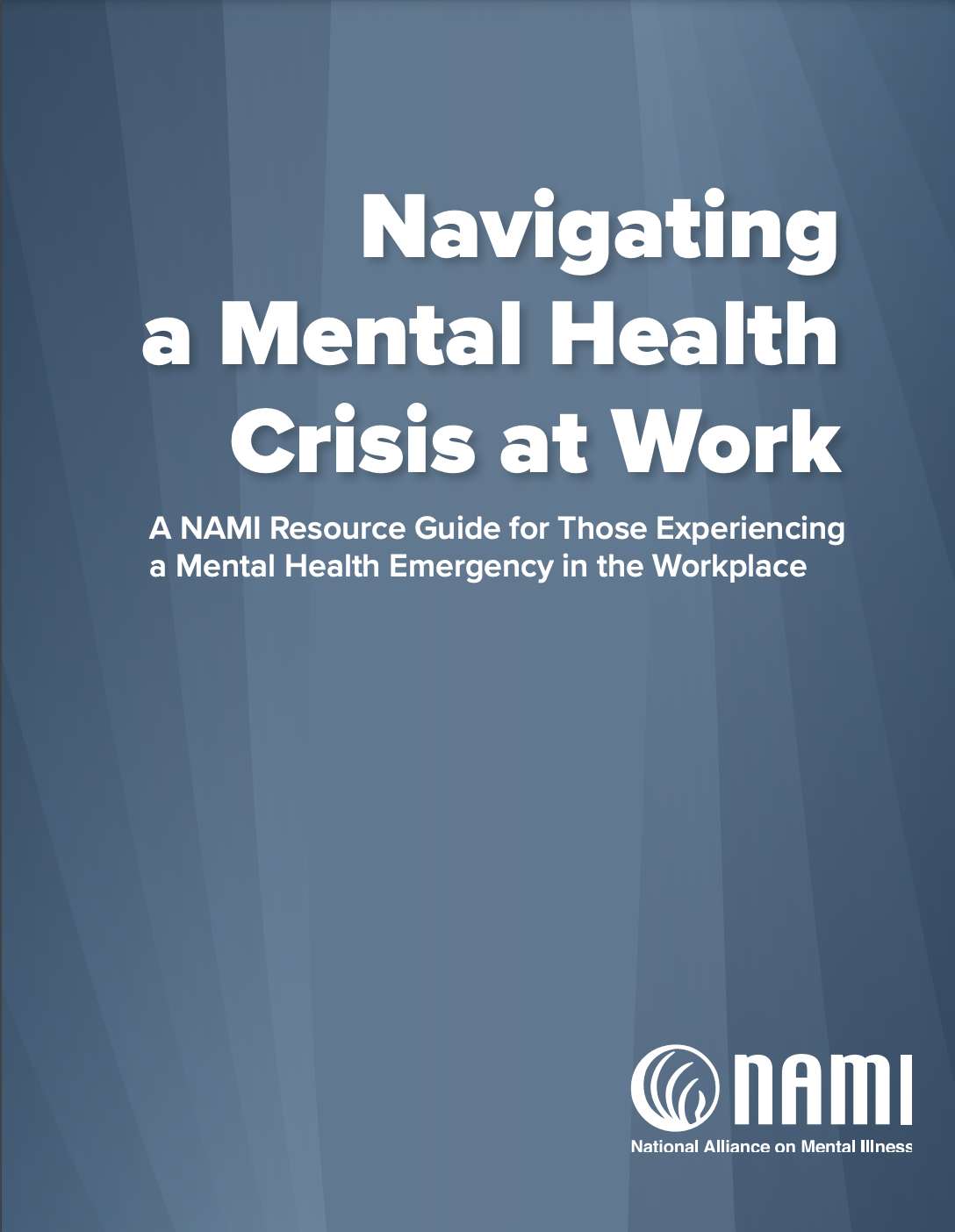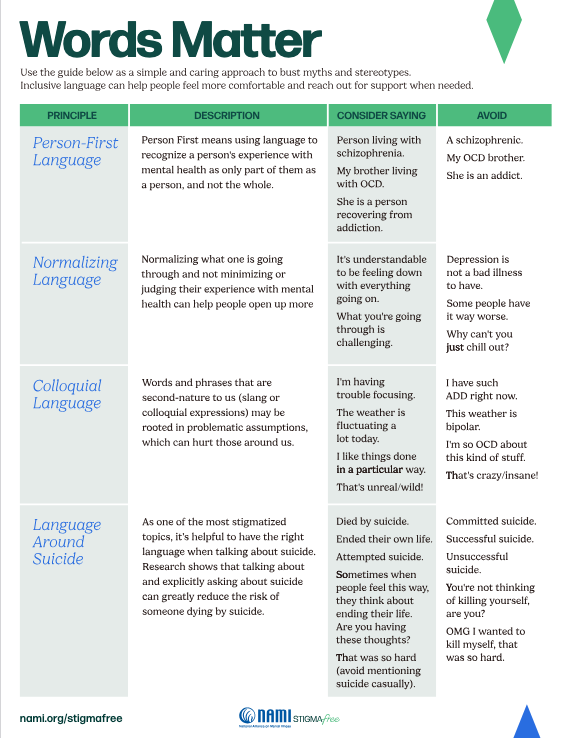What is psychological safety?
Psychological Safety is when you feel like you can bring your whole self to work. You have permission to take risks, raise ideas and concerns, and admit mistakes without fear of unfair repercussions.
Why foster psychological safety on your team?
- More engaged and motivated team
- Better decision-making
- Increased productivity and creativity
- Greater resilience during stressful times
What does it look like in action?
- Openness to feedback
- Embracing diversity
- Mistakes are learning opportunities
- No multitasking in meetings
- Enhanced teamwork
- Encouraged team engagement
How mental health impacts psychological safety
When someone is feeling anxious, stressed, or just not like themselves, their engagement, creativity, and performance is likely impacted.
Challenges in creating psychological safety
A recent poll by NAMI found most employees are ready to support their colleagues through mental health concerns, but many worry about being judged for their own. Similar challenges exist when building psychologically safe environments.
- Fear of judgment from others if you speak up
- Hesitancy to “be the first one” to engage
- Concerns over repercussions or job security
- Lack of trust within teams
How to increase psychological safety at work
- Focus on finding solutions
- “How can I help?”
- Ask your colleagues for input
- “What are your thoughts on this idea?”
- Ensure you actively listen to your colleagues
- “What I’m hearing you say is…”
- Be respectful when you ask questions or disagree
- “Can I share some concerns I have with that idea?”
Questions to ask yourself
- How have I demonstrated to others that I am a safe person to provide feedback to?
- Am I actively engaging my teammates in collaborative brainstorming?
- Am I treating my colleagues and management with respect?
- Are my collaborative efforts in alignment with the goals of the meeting/organization?
How we can help each other
Enhance psychological safety while supporting mental well-being through having conversations about mental health.
Normalize
Encourage a culture that is open and honest about mental health.
Support
Help others work to share their ideas and create the safety for them to do so.
Check out other NAMI resources for more tools and tips on having conversations about mental health in the workplace.


